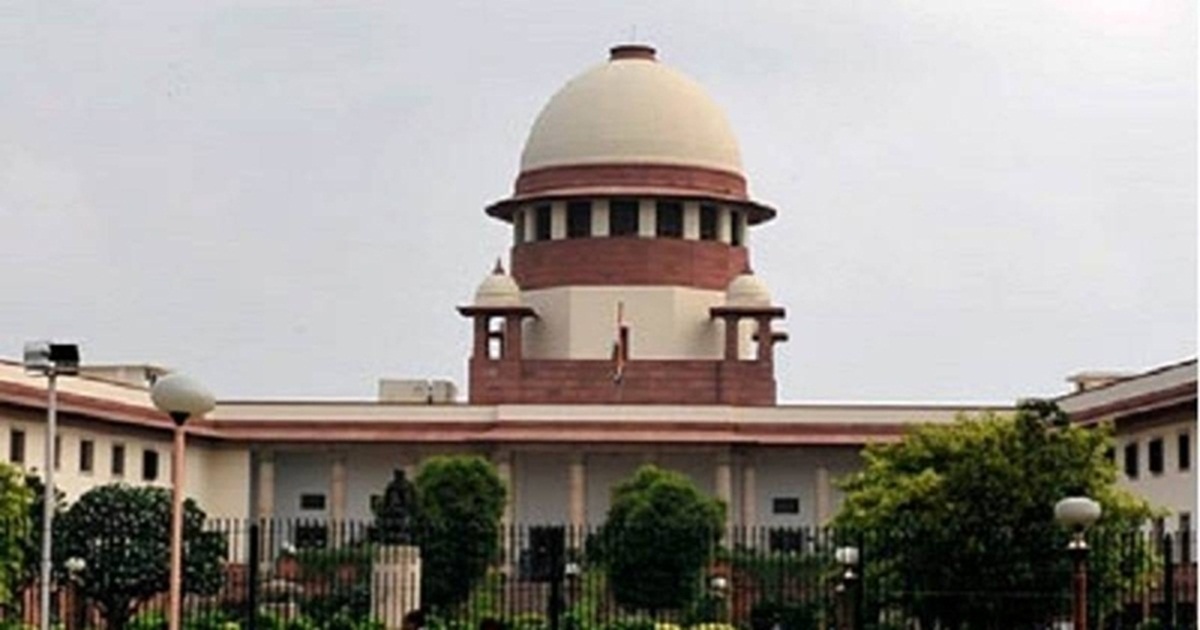X: @the_news_21
In a landmark decision, the Supreme Court of India has overturned a two-decade-old verdict, affirming that lawmakers, including Members of Parliament (MPs) and Members of Legislative Assembly (MLAs), can be prosecuted under the Prevention of Corruption Act if they receive monetary benefits for their votes and speeches in the Parliament or assembly. This ruling overturns the 1998 verdict in the PV Narasimha Rao case, which had granted immunity to MPs and MLAs from prosecution for accepting bribes in exchange for legislative actions.
The seven-judge constitution bench, presided over by Chief Justice of India DY Chandrachud, unanimously overruled the previous decision, emphasizing that bribery is not shielded by parliamentary privileges. Chief Justice Chandrachud highlighted that the interpretation of the 1998 verdict contradicts constitutional provisions outlined in Articles 105 and 194.
“An MP/MLA can’t claim immunity from prosecution on a charge of bribery in connection with the vote or speech in the legislative house,” ruled the seven-judge bench, setting a precedent for accountability in legislative bodies.
The Supreme Court emphasized that corruption within the legislative framework undermines the integrity of public life, and the act of accepting bribes in itself constitutes an offense. The bench cautioned against granting unchecked exemptions from the law, asserting that privileges granted should be directly related to the functioning of Parliament or legislature as a whole.
“Parliamentary privileges are essentially related to the House collectively and necessary for its functioning,” remarked the seven-judge bench, underlining the importance of upholding the integrity of legislative processes.
Moreover, the scope of the ruling extends beyond the immediate legislative chambers, as the Supreme Court clarified that elections to the Rajya Sabha or to the offices of the President and Vice President also fall under the purview of constitutional provisions governing parliamentary privilege.






